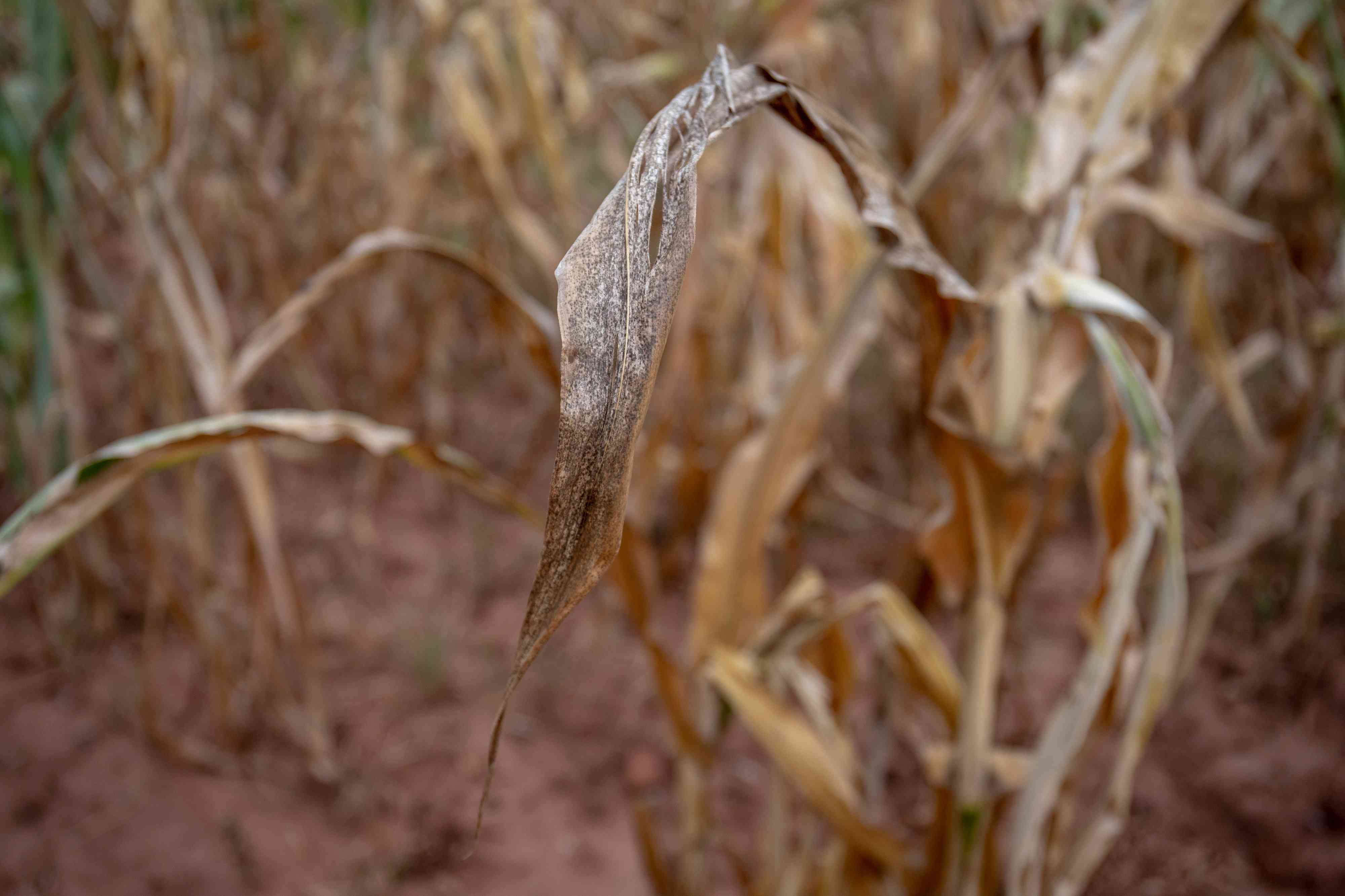
RECENT reports by Musasa Project that in just 13 days into the 21-day COVID 19 lockdown in Zimbabwe, they had recorded 782 cases of gender-based violence (GBV) should serve as an eye opener to authorities to treat the scourge as an emergency.
NewsDay Comment
One wonders how many cases would be recorded after the lockdown was extended yesterday by 14 more days — and mind you — these are only statistics of cases reported to Musasa Project, which means that the GBV victims might even be more.
What this means is that several incidents of GBV have not been reported because the women – or maybe also men who are victims of GBV probably have no information on how to report the cases during the lockdown, and even where to go for help.
Spending several hours together at home in a country with an ailing economy like Zimbabwe might pose a big challenge for most families whose breadwinner is not formally employed and needs to hustle daily in order to make a living.
Effectively, it means that there is no way to get money because there is no one in the streets to do business with.
It means that during the lockdown period most families whose breadwinners are in the informal business are struggling to put food on the table. The result is obviously squabbling and fights at home for the little food that is available. Children also become victims in the process.
Women are responsible for feeding the family as they prepare meals, and they could be experiencing a lot of abuse in the homes as they fail to provide food for the family during the lockdown period.
- Chamisa under fire over US$120K donation
- Mavhunga puts DeMbare into Chibuku quarterfinals
- Pension funds bet on Cabora Bassa oilfields
- Councils defy govt fire tender directive
Keep Reading
Even without the COVID-19 lockdown, GBV in Zimbabwe has always been a problem with statistics from the United Nations showing that one in three women aged 15 to 49 have experienced physical violence, and that about one in four women have experienced sexual violence since the age of 15.
There is a big possibility that some girls might be sexually abused by their male relatives during this lockdown period too. They also might not know where to go to report the cases.
It is therefore important that different rights organisations must increase their awareness programmes beyond making statements online. One suggestion would be that tollfree hotlines to report GBV cases should be created and sent to everyone in the country through telephone SMS messages. This would reach out to millions of Zimbabweans with access to mobile phones, and will also send messages to the abusers that they may face prosecution for their GBV crimes.
Female MPs in Parliament are also encouraged to step up their fight against GBV by working with organisations such as Musasa Project to document the statistics on GBV victims during the lockdown period so that they can also use that information as a basis for their arguments during debate in Parliament on the motion on GBV.
If Parliament speaks out and loud enough against GBV, it would send a clear message to the abusers and speed up crafting of deterrent policies.
The dangers of GBV during the COVID-19 lockdown are that children that are exposed to violence will also be left psychologically traumatised.
That is why it is important for government to take measures now to come up with gender-specific needs whenever they come up with policies to assist vulnerable groups during such emergencies.











